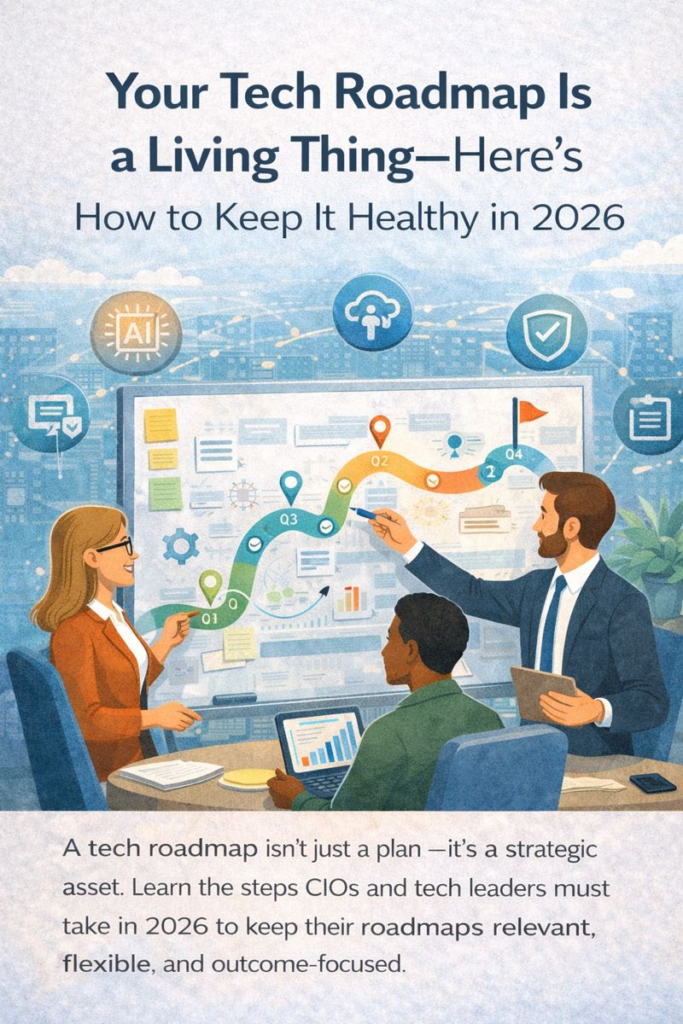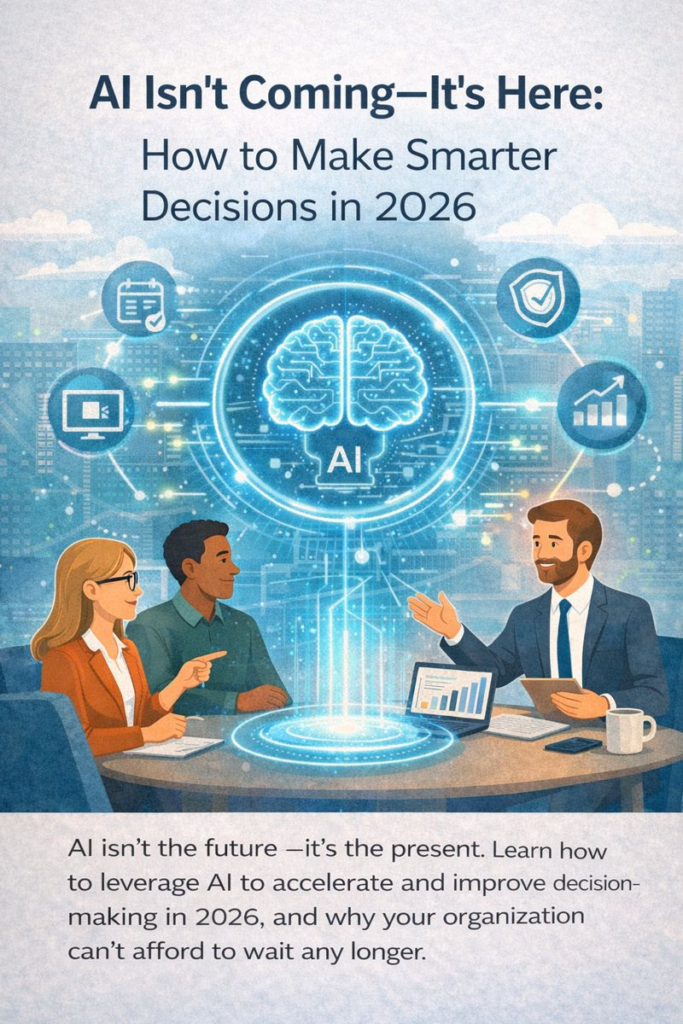The Manager’s Reset Button: How to Reconnect and Refocus Your Team in February

The new year buzz has faded, resolutions are getting stress-tested, and your team is back in full swing. February is where momentum is either built—or lost. For managers, it’s a golden moment to refocus the team and make sure the right work is getting done, the right way.
Here’s how strong leaders use February to reconnect and course correct:
Lead With Purpose
Everyone remembers the goals on paper—but it’s your job to bring the why behind them back into focus. Whether it’s during a huddle or a 1:1, reinforce the mission and how each person’s work contributes to it. Teams that stay grounded in purpose stay motivated through pressure.
Listen for Signs of Drift
By now, fatigue may be creeping in or priorities shifting subtly. Ask team members what’s feeling clear and what’s fuzzy. You’ll often find misalignment that’s small now but could become a problem if left unchecked.
Simplify What’s Slowing Them Down
Take a fresh look at meetings, processes, and tools. If something’s more of a drain than a help, fix it or kill it. Making even one system easier shows your team you’re paying attention—and earns trust.
Reset Expectations Quietly
February is a great time to recalibrate without making it feel like a big course correction. Reaffirm what “great” looks like. Gently challenge any bad habits creeping in. Remind people of the standards that matter and the behavior that gets recognized.
Be Present and Available
Your visibility as a leader matters more this month than it did in January. Show up. Drop into standups. Ask, “What’s getting in your way?” You don’t need a grand speech—just consistent, real presence.



